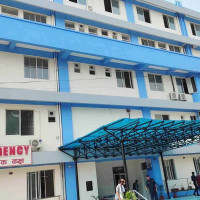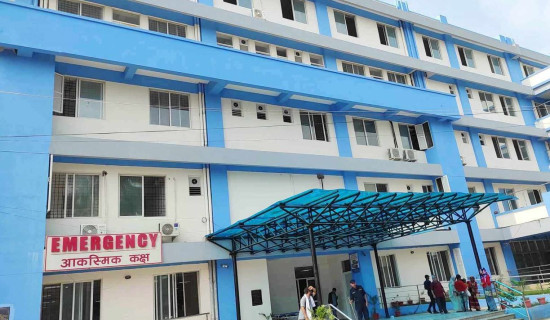- Monday, 1 September 2025
Breastfeeding In Decline
Motherhood brings choices, responsibilities, and unexpected realisations. In conversations among mothers, whether at home, work, or in social circles, stories surface about sleepless nights, first giggles, postpartum struggles, and feeding routines. A clear pattern emerges: growing reluctance towards breastfeeding. The reasons vary. Some cite medical necessity, others career demands. Discomfort with public breastfeeding, weak workplace policies, fear of sagging breasts, and concerns about weight gain also play a role. Traditional lactation foods such as jwano, chaku, and gudpak are often avoided for being “fattening.” Many women return to work within months, turning to formula feeding with the defence, “It’s my choice.”
But science consistently highlights the irreplaceable value of breast milk. Packed with antibodies, vitamins, proteins, and fats, it strengthens a baby’s immunity, lowers risks of asthma, allergies, obesity, and diabetes, and supports brain development. For mothers, it aids recovery, supports weight loss, and lowers the risk of breast and ovarian cancers. It is natural, sustainable, and free.
Despite these benefits, exclusive breastfeeding in Nepal has been in decline. A 2023 Kathmandu Post report highlighted a drop from 70 per cent in 2011 to 56 per cent in 2022. The 2022 Nepal Demographic and Health Survey revealed that educated and wealthier mothers were less likely to breastfeed exclusively, with the lowest rates in Lumbini Province at 36 per cent and the highest in Sudurpaschim and Karnali at 74 per cent. Health experts continue to recommend breastfeeding for at least two years to protect children’s health and support their development.
Formula milk remains a vital alternative in cases of genuine need. However, marketing by global formula companies has glamorised its use, particularly imported brands from the UK and the USA, often seen as status symbols. Reports from the U.S. Food and Drug Administration (FDA) and other health agencies have documented misleading claims, inadequate sanitary standards, and unsubstantiated health benefits in formula products. A safer, locally available alternative exists in the form of human milk banks, such as the one at Paropakar Maternity and Women’s Hospital in Thapathali, which provides donated breast milk to vulnerable infants. But awareness and utilisation remain limited. In today’s world, we’ve become so obsessed with our physical appearances, convenience and self-comfort that we forget what truly matters.
We speak of empowerment, but forget that real strength lies in sacrifice, especially when it comes to our children. We’ve even inserted unnecessary feminism into the breastfeeding debate. Saying “It’s my choice” sounds empowering, but it’s often a way to sidestep responsibility. Mindsets are the hardest things to change. True change doesn’t come from posters or campaigns. It begins with realisation. And realisation comes only when we’re ready. Campaigns and policies can only do little; real change begins when individuals recognise the weight of their choices. Breastfeeding may not always be possible for everyone, but when it is, it should be seen not as a burden, but as an investment in the next generation’s health.














